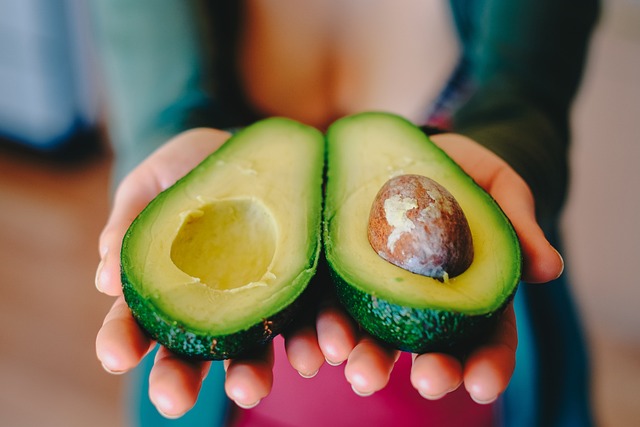Beyond Yogurt: Exploring Unexpected Sources of Probiotics for a Diverse Microbiome
Probiotics have gained significant popularity over the years due to their potential health benefits. These beneficial bacteria promote a diverse microbiome, which plays a crucial role in maintaining overall health and well-being. While yogurt is a well-known source of probiotics, there are several other unexpected sources that can provide a wide range of beneficial microorganisms.
1. Fermented Vegetables
Fermented vegetables like sauerkraut, kimchi, and pickles are rich in probiotics. The fermentation process involves the growth of beneficial bacteria, such as Lactobacilli and Bifidobacteria, which help to improve digestion and boost the immune system. Including a variety of fermented vegetables in your diet can contribute to a diverse microbial population in the gut.
2. Kombucha
Kombucha is a fermented tea beverage that contains a high concentration of probiotics. This fizzy drink is made through the fermentation of sweetened tea by a symbiotic culture of bacteria and yeast (SCOBY). Kombucha not only provides probiotics but also offers a range of antioxidants and beneficial organic acids, making it a popular choice for gut health.
3. Miso
Miso is a traditional Japanese seasoning made by fermenting soybeans with salt and koji, a type of beneficial fungus. It is widely used in soups, dressings, and marinades. Miso contains several strains of probiotics, including Lactobacillus and Bifidobacterium. Adding miso to your diet can enhance the diversity of your gut microbiome while adding a unique flavor to your dishes.
4. Tempeh
Tempeh is a fermented soy product that originated in Indonesia. It is made by fermenting soybeans with a mold called Rhizopus oligosporus. Tempeh is not only a great source of plant-based protein but also provides a variety of beneficial bacteria. Including tempeh in your diet can support a healthy gut and add a delicious, nutty taste to your meals.
5. Fermented Dairy Alternatives
For those who follow a dairy-free or vegan lifestyle, there are fermented alternatives available that provide probiotics. Fermented dairy-free yogurts, made from coconut milk, almond milk, or soy milk, often contain live and active cultures that support a diverse microbiome. These dairy alternatives are becoming increasingly popular and offer a great way to incorporate probiotics into your diet.
6. Fermented Beverages
In addition to kombucha, there are other fermented beverages that can supply your body with probiotics. Drinks like kefir, a fermented milk beverage, and water kefir, made from water and sugar, contain a wide array of beneficial bacteria and yeasts. These beverages can help improve gut health and provide a refreshing alternative to sugary drinks.
Conclusion
While yogurt is a well-known source of probiotics, there are numerous other unexpected sources that can contribute to a diverse microbiome. Including fermented vegetables, kombucha, miso, tempeh, fermented dairy alternatives, and fermented beverages in your diet can provide a wide range of beneficial bacteria and yeasts. By diversifying your probiotic intake, you can support a healthy gut and overall well-being.







